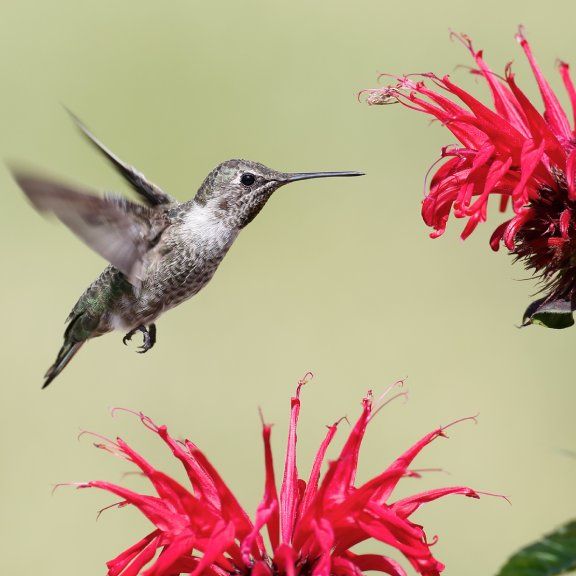[ad_1]
Learning about biodiversity is important for gardeners. Awareness of threats to biodiversity and what biodiversity loss means to the planet has become crucial. If you’re not exactly sure what the benefits of biodiversity are or how it relates to you as a gardener, read on to learn more about it and explore some examples of biodiversity.
What does Biodiversity Mean?
Biodiversity, short for biological diversity, refers to the vast variety of life forms found on earth and the natural interactions among them. As evolution and extinction occur, biodiversity changes over time since these dramatic processes affect not just one species, but the entirety of life.
Biodiversity is often divided into three parts: ecosystem, genetic and species diversity. Despite the fact that these parts seem divided, none can exist without the others. Change in one arena causes change in the others, sometimes irreparably.
Some areas, usually warm, wet tropical regions, are more naturally prone to biodiversity than others simply because conditions are favorable for species’ growth. Areas that are particularly diverse are called “‘hot spots” and are often where endemic species, those that are only found in this unique area, are found.
Biodiversity Benefits and Examples
Biodiversity is important for a number of reasons. National Geographic defines “ecosystem: as “…a geographic area where plants, animals, and other organisms, as well as weather and landscape, work together to form a bubble of life.” A diverse ecosystem affects climate, pest and disease control, seed dispersal, water cleanliness, and soil nutrients. This of course translates to food production, but biodiversity isn’t just about feeding the planet. It is also related to our societal needs, development of medicines, economic opportunities, and even our leisure activities.
So biodiversity is integral to the food we eat, water we drink and the air we breathe and so much more. Because of its complexity, biodiversity is often broken down into four benefits or services it supports: cultural, provisioning, regulating and supporting. If one cog in this chain breaks down, it affects everything.
Take cows for instance. Grass in pastures feed cattle which in turn produce manure that nourishes the soil which can then support the renewal of the grass upon which the cattle and other animals feed upon. The manure can also be used to fertilize crops while the animals themselves are a food and material source.
Why is Biodiversity Loss Important?
The loss of biodiversity is vitally important. Let’s look at the cows again. If the pastureland the cows are grazing on was previously a forested home to all manner of species and was deforested, the habitat of the forest creatures becomes decimated, hence the species no longer exists, at least in this one area. Instead cows are now being raised here to benefit one species (humans), where before there was an entire ecosystem whose parts were interdependent on each other to the mutual benefit of all.
Of course, we’re only talking about one area of forest, but this is just one example of a loss of biodiversity that can have a great impact. And what if that particular area of forest had the only remaining Northern spotted owl? The loss of this owl species sends out a ripple of repercussions affecting all numbers of species; a ripple that is actually happening across its geographical range through Washington, Oregon, and Northern California. The loss of the spotted owl habitat has led it to seek shelter in areas populated by barred owls. The imperative to reproduce has led the spotted owls to mate with the barred owls resulting in a decrease in genetic diversity and population size and an increase in breeding, resulting in lower reproduction success and survival rates.
Why is Biodiversity Important to Gardeners?
In our gardens, biodiverse practices can improve pollination by providing a natural habitat for a range of living things, including beneficial birds and insects, while naturally thwarting pests and diseases. This type of mini-ecosystem also has the effect of increasing what the garden yields.
Allowing garden space for native plantings, leaving some uncultivated spaces for insects and wildlife to dwell and feed, and encouraging a wide range of living species that may also include fungi and bacteria not only creates healthier garden plants, but improves the condition of the earth. Planting a number of diverse types of plants like herbs, vegetables and flowers is a great way to support biodiversity at home. Using cover crop methods to enrich the soil and encourage insects also contributes to a biodiverse environment.
Diversity in the garden is also more aesthetically pleasing which in turn feeds our emotional and physical well-being. At the end of the day, the decisions you make to encourage biodiversity even in just your own corner of the world can influence conservation commitments locally and globally.
[ad_2]

